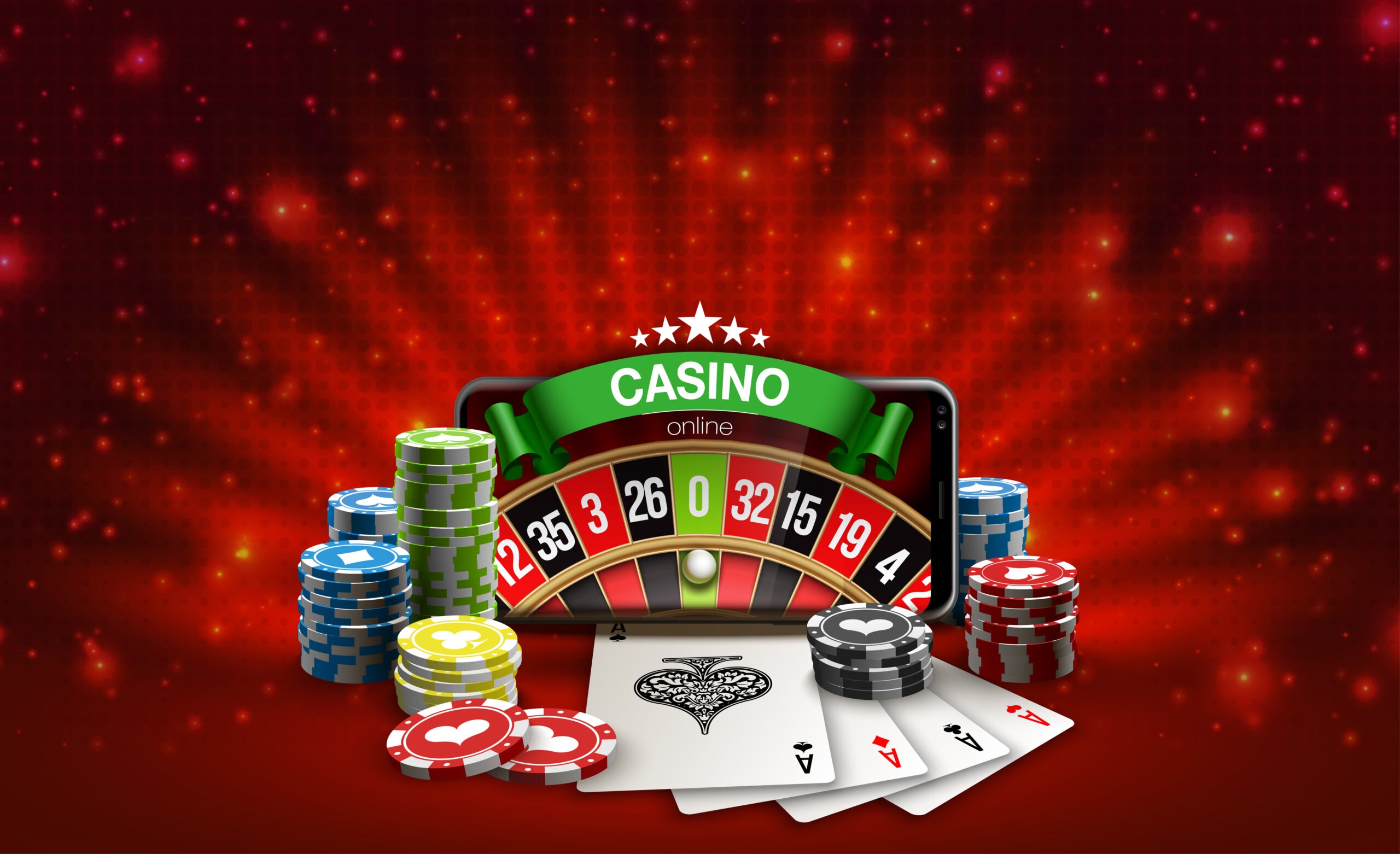In the lively world of gambling, casino options have long enthralled the attention of players around the world. These activities, ranging from traditional table options like blackjack to the rotating reels of slots, offer an intriguing blend of randomness and tactics. While fortune undeniably plays a crucial role in determining outcomes, the importance of knowledge in many gambling games cannot be ignored. Understanding how knowledge influences the experience can elevate not only a player’s experience but also their likelihood of success.
As we delve deeper the mechanics of casino options, it becomes clear that some demand a solid foundation of knowledge and strategy. Activities like Texas Hold’em require more than just chance; they require strategic thinking, psychological insight, and calculated decision-making. In opposition, other games, such as the roulette wheel and slots, are primarily driven by chance, allowing participants to rely solely on luck. This distinction raises fascinating questions about what truly drives achievement in the world of gambling and how a gambler’s competences can sway the outcome in their benefit.
Understanding Expertise vs. Chance within Casino Activities
Within the sphere of casino games, the discussion between skill and luck is a long-standing one. Numerous games are frequently categorized into two categories: those that depend predominantly on randomness, such as slot machines and the wheel, and those where skill plays a significant role, like the game of poker and 21. The difference is important because it affects not only gameplay strategies but also the approach players take when participating with these games. While luck can play a critical role in the immediate, skilled players can increase their odds of winning over the extended period in skill-based games.
Skill-based games, especially poker, necessitate players to understand probability, human behavior, and game strategies. A seasoned poker player can read rivals, make calculated bets, and understand when to fold, all of which can lead to more successful outcomes. On the other hand, in games that are purely chance-driven, no amount of skill can alter the odds. This means that while a player may win big in one session, their success may often be at the mercy to the whims of random outcomes rather than any strategic expertise.
In the end, both skill and luck exist together in the world of casino games, creating a vibrant environment for players. While games of chance can provide excitement and instant gratification, mastery and strategy in skill-based games offer a richer level of engagement for those prepared to invest time in honing their craft. ngắm gái xinh tại mmlive This interplay between skill and luck defines the journeys of players and influences their connection with the games they select to play.

The Impact of Skill on Game Outcomes
In the realm of casino games, skill plays a significant role in determining the results, especially in games where strategy and choices are essential. For example, in the game of poker, players must assess opponents, calculate odds, and make strategic bets to maximize their odds of winning. Unlike games that rely purely on luck, such as slots or roulette, this game demands an understanding of both the game mechanics and the behavior of other players, making expertise a critical component of victory.
Other strategy-based activities, like blackjack, also highlight the significance of player skill. Understanding of basic strategy, card counting, and when to hit or stand can significantly influence the house edge. A skilled 21 player can reduce this edge and improve their chances of winning significantly. This contrasts sharply with activities that do not allow for such tactical play, showcasing how the level of skill influences the potential for favorable results.
Moreover, even within games deemed primarily luck-based, like craps, the choices made by players can influence their overall performance. Choosing the right bets, comprehending the odds of different outcomes, and controlling one’s funds are essential aspects that can enhance a player’s experience and results. Thus, while chance remains a component in casino games, skill can substantially influence how efficiently participants navigate these environments, leading to more positive outcomes.
Strategies for Proficient Play in Gaming Establishments
To excel in gambling games, players must develop a robust grasp of the regulations and odds involved in every game. This basic knowledge enables individuals to make educated decisions, especially in skill-based games like poker and blackjack. Familiarizing oneself with game strategies, such as card counting in blackjack or recognizing betting patterns in poker, can significantly enhance a player’s chances of success. Rehearsing these tactics through mock games or low-risk games allows players to hone their skills without risking substantial amounts of money at stake.
Another key approach is budgeting. Players should set a budget before going into the gaming establishment and adhere to it strictly. This involves deciding how much they are prepared to lose and imposing restrictions on how much they will wager in every gaming session. By keeping a controlled approach to gambling, players can maintain their play and reduce the risk of significant losses. Additionally, taking breaks can help preserve a clear mind and prevent rash decisions that often lead to unfavorable outcomes.
Finally, emotional control is vital in the intense environment of a casino. Players must be adept at controlling their emotions, particularly during times of success or defeats streaks. mmlive Staying attentive and not allowing emotions influence gameplay can lead to more logical decisions. Techniques such as taking deep breaths or stepping away from the gaming table during heated moments can help maintain composure. By cultivating a steady state of mind, players can approach casino games with assurance and skill, ultimately enhancing their overall experience and outcomes.